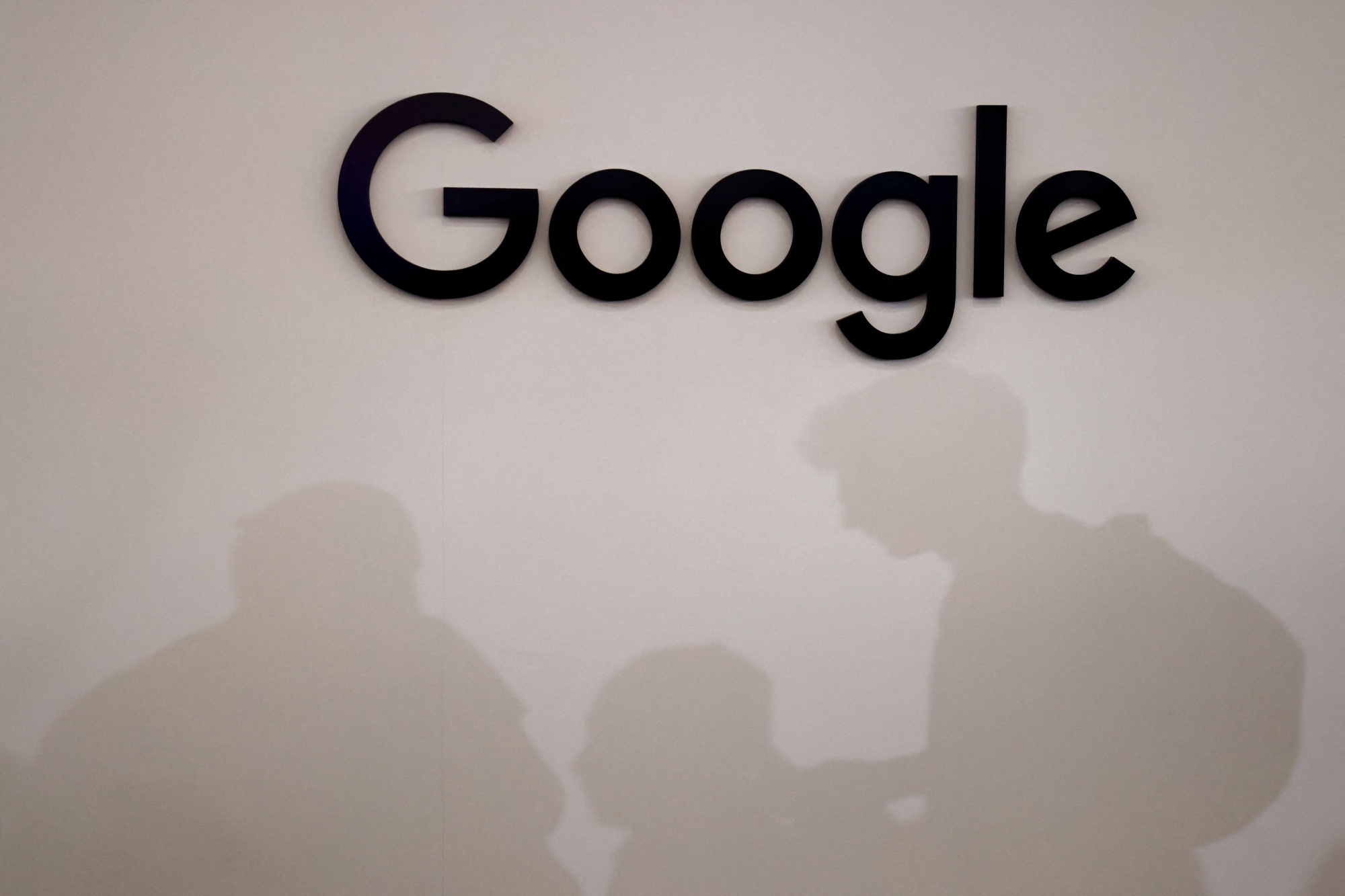
Former Google Engineer Accused of Stealing AI Technology
A former software engineer at Google, Linwei Ding, has been charged with stealing artificial intelligence (AI) technology from the company while collaborating with two Chinese firms, as revealed by the U.S. Justice Department. Ding, a Chinese national, was arrested in California on four counts of federal trade secret theft, each carrying a maximum penalty of 10 years in prison.
National Security Concerns and Economic Espionage
The case against Ding was announced by Attorney General Merrick Garland at an American Bar Association Conference in San Francisco. This incident underscores the ongoing threat of Chinese economic espionage and the national security risks associated with advancements in AI technology. FBI Director Christopher Wray emphasized the detrimental impact of stealing American innovation, stating, “The theft of innovative technology and trade secrets from American companies can cost jobs and have devastating economic and national security consequences.”
 Image for illustrative purposes
Image for illustrative purposes
Allegations and Unauthorized Disclosure
According to the indictment, Ding, who joined Google in 2019 and had access to confidential information about the company’s supercomputing data centers, began uploading hundreds of files to a personal Google Cloud account two years ago. Despite holding executive roles at Google, Ding failed to disclose his affiliations with a Chinese technology company where he was offered the position of chief technology officer and a startup aiming to develop AI models powered by supercomputing chips.
Concealed Activities and Resignation
Prosecutors revealed that Ding traveled to China, participated in investor meetings, and sought capital for the Chinese technology company without informing Google. Following his resignation from Google, it was discovered that Ding had presented as CEO of one of the Chinese companies at an investor conference in Beijing. Surveillance footage also showed unauthorized access badge scans to create a false impression of Ding’s presence at the workplace while he was in China.
Ongoing Legal Proceedings
At present, it remains unclear whether Ding, aged 38, has legal representation. The case highlights the growing concerns surrounding the unauthorized transfer of sensitive technology and the potential exploitation of AI advancements by foreign entities. As the investigation unfolds, the implications of this incident on intellectual property protection and national security will continue to be closely monitored.















